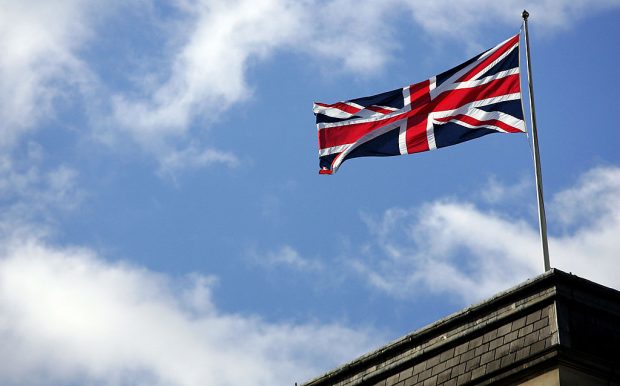Well, looking at that, I don’t think we’ll have any trouble impressing ‘British values’ on alienated young second generation immigrants from conservative, religious home cultures who find themselves rootless in a confusing, uncertain world. Three years ago, I wrote a rather downbeat book on the subject of immigration; my publisher insisted I end it with a chapter on how we can solve the problems I highlighted, which I was reluctant to do because there aren’t really any (if you’ve read it you’ll agree it’s a weak chapter). Integration takes time, and depends on a number of factors, but an absolute condition would be a substantial reduction or pause in the number of migrants arriving from the developing world. If that happened, things would ease, as they did in the 1980s and 1990s, but that’s unlikely to happen because British social mores prevent us admitting that some types of migration bring far higher social costs than others.
Aside from that, economic freedom probably helps, and so the best thing the Government could do to help social cohesion is get out of everyone’s way and let people trade with, employ, befriend and marry each other. State attempts to tackle extremism tend to only encourage extremism, since only people who can activate ‘the community’ are of value to Government and they tend to have an incentive to encourage division and resentment. One thing that is doomed to fail is the idea of ‘British values‘, since they tend to be both ephemeral and weak on the one hand and also rather alien on the other. In reality there are no ‘British values’, any more than there are values attached to a family; most of us are born into our countries, and don’t feel that belonging here entails conforming to a particular mindset. That idea in itself is so contradictorily un-British. What joins us as a people, if anything, is a common history out of which certain traditions and institutions have emerged, many of which we cherish.
The most important tradition, until very recently, was Christianity, but secularisation means that either a society has no guiding value system (which is not necessarily a bad thing – we’re grown-ups), or it has competing world views locked in a sort of culture war. Or one particular strand of people ride into town and declare themselves to be moral sheriffs. The push towards British values, alas, represents this latter idea, which is why the worldview it usually promotes repulses not just many Muslims but much of the wider population.
Were Britain still strongly Christian then integration would be far more straightforward, but then we would have been far more inclined towards migrants who share our faith. One of the things I mentioned in my book was that, much as the Huguenots have become vital parts of ‘Our Island Story (Diversity Edition)’, they were co-religionists fleeing from a political-religious tyranny against which we were in existential conflict at the time. The group who currently most resemble the Huguenots, Middle Eastern Christians, are passively discriminated against by Britain, and represent a disproportionately small number of Syrians and Iraqis allowed to settle. But to help them in any way, our politicians fear, might be seen as Islamophobic.
There aren’t British values, but like any country we do have typical characteristics, a key one of which is hypocrisy and a tendency not to say what we mean. Such hypocrisy tends to manifest itself most in taboo areas; in the Victorian era, in sex, in the 21st century, in race; thus our focus on ‘net migration’.
Another British characteristic, as the French would tell you, is perfidy. Iraqi Christians have a particularly good understanding of this, having fought with us in the Great War and been offered their own state, then let down and eventually suffering the partly-British inflicted disaster of 2003. Since then we have not just failed to help them, but have actively gone out of our way not to. There is an Arab saying: better to be the enemy of the British, as that way they will try to buy you; if you are their friend, they will definitely sell you. I would say that the Home Office makes me ashamed to be British, but then such self-flagellation is probably a national characteristic too.







Comments